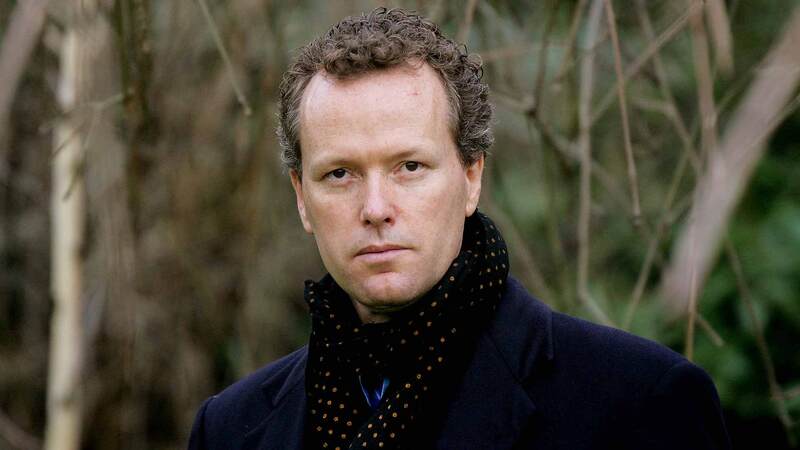You are viewing your 1 free article this month. Login to read more articles.
Young Mexicans set to drive reading surge
Enthusiasm for reading among Mexico's younger population, and the country's fondness for US and UK writers, are reasons for foreign publishers to take note of the country, according to Roberto Banchik Rothschild, c.e.o. of Penguin Random House Grupo Editorial for Mexico, Central America and the US Hispanic Market.
With Mexico set to be the Market Focus country at London Book Fair in April, Rothschild addressed the Publishers Association's International Conference last week (11th December). Rothschild said that a survey carried out in 2010 by national arts council Conaculta had found that few Mexicans had bought books, other than textbooks, in the previous 12 months (a massive 79% said they had bought none); however, while older people were less interested in reading for pleasure, a hefty 61% of 12-17-year-olds were keen to do so, and with Mexico's "population pyramid", which means that 50% of Mexicans are under the age of 25,"if they [the younger population] learn to read, we have a bright future," Rothschild said.
With a trade book market estimated at $450m, Mexico's bestseller lists show a pronounced fondness for US and UK authors. In October 2014, though the single biggest title was Paolo Coelho's Adulterio, the leading authors in terms of sales volumes were Veronica Roth, E L James, Jeff Kinney, John Green and Becca Fitzpatrick. Among genres, self-help titles were the strongest seller that month with 25% of the market, followed by Young Adult at 20%, commercial fiction at 17% and literary fiction at 14%.
But while 67% of Mexicans buy their books from bookstores such as the Gandhi and Sanborns, and 7% do so from supermarkets, a further 7% buy books "on the street", from individual sellers often selling pirated or stolen copies.
Meanwhile with e-books - estimated at 2% of the market, and with Apple the most important retailer - there is "obviously an amazing amount of e-book piracy", Rothschild affirmed. "My personal belief is that e-book piracy is much higher [than 7%]; there's a belief in Mexico that anything digital should be free, despite a government initiative to educate people."
Rothschild said there were "two Mexicos": one, a country which had had economic stability for 20 years, with low inflation and with education and labour reforms; the other, a Mexico which had problems with the rule of law, with crime and with corruption. However he said that despite the size of the state – which publishes, distributes and prints 50% of the country's titles – there were "still opportunities for private publishers to do business", while the country's long-term stability made it a good place for investment in publishing.


















